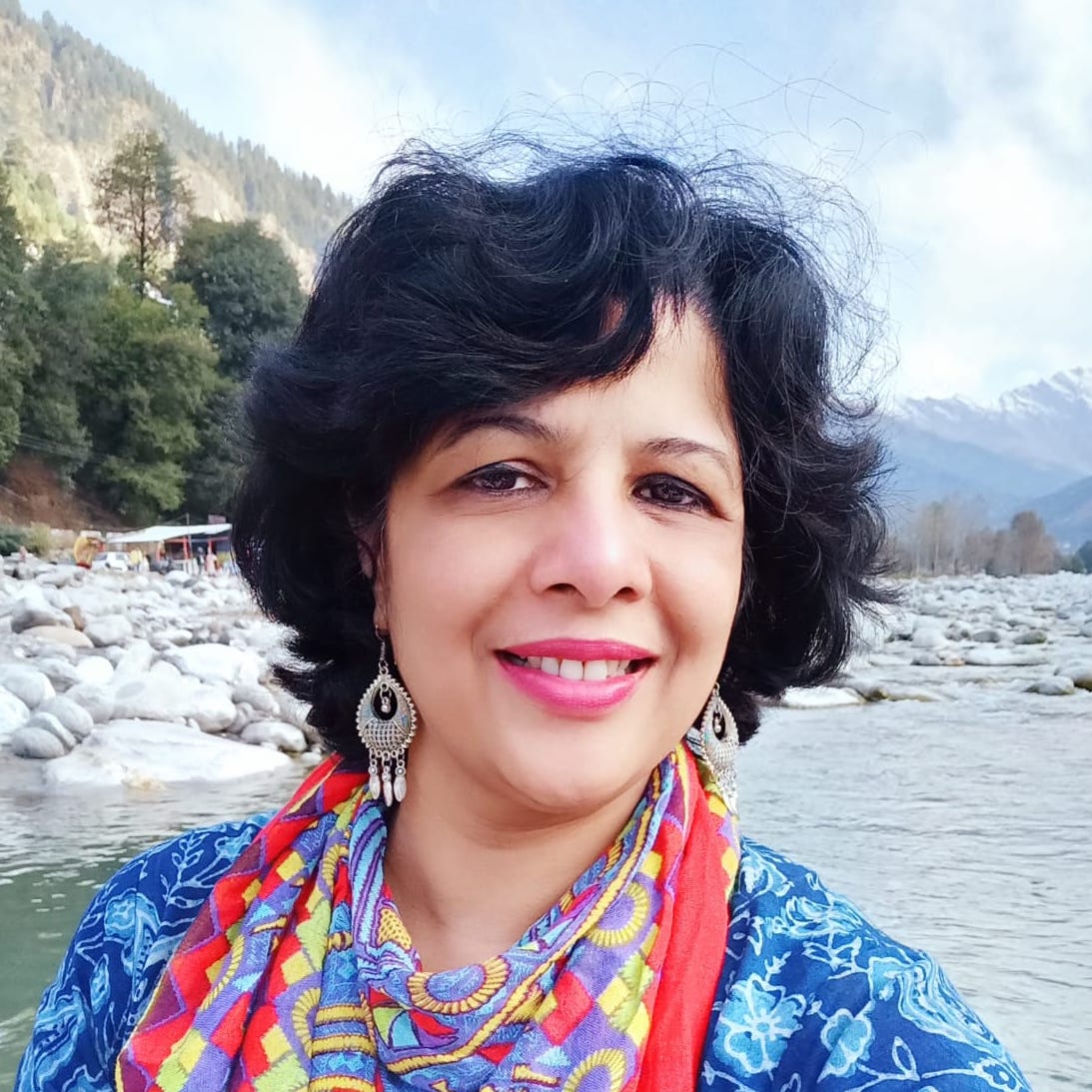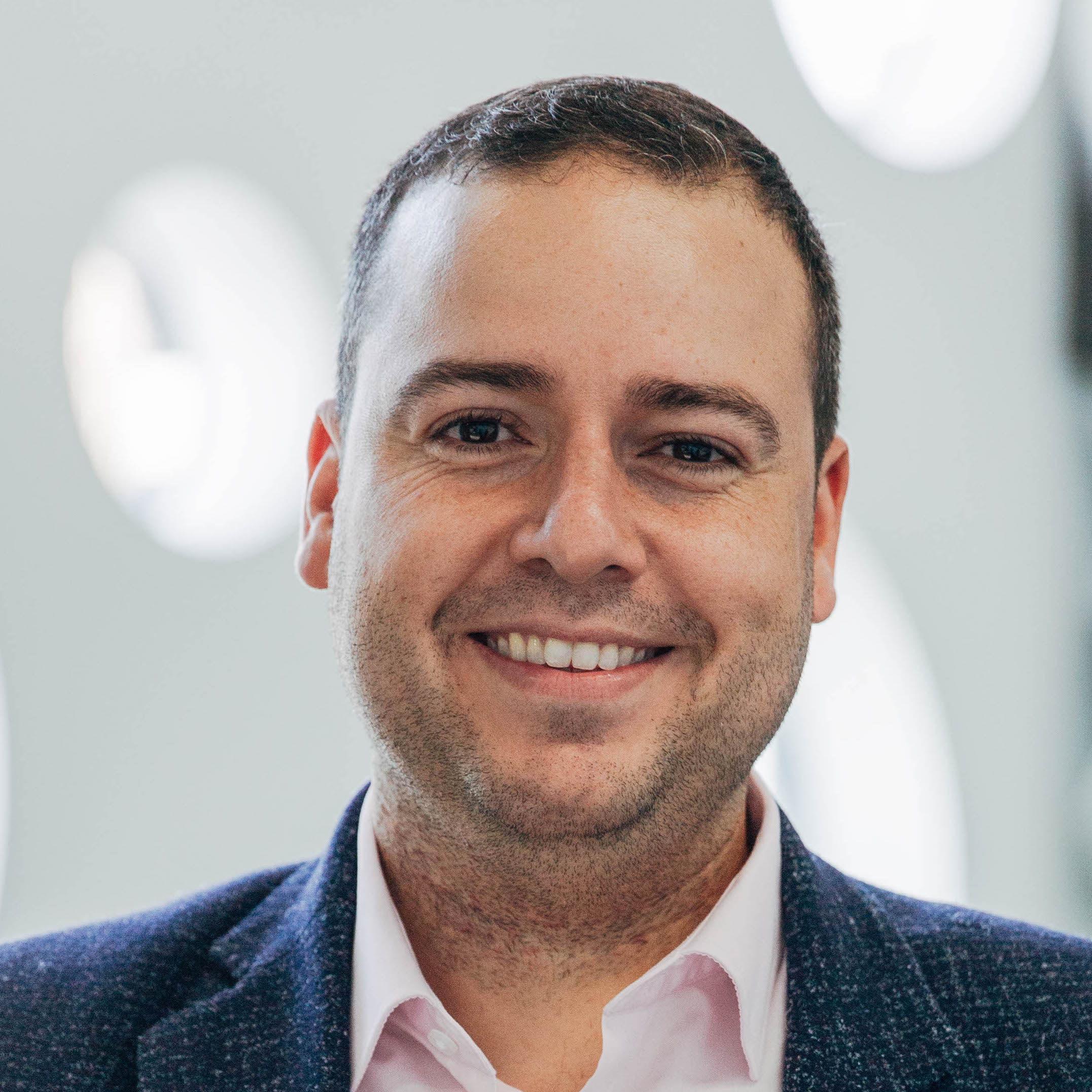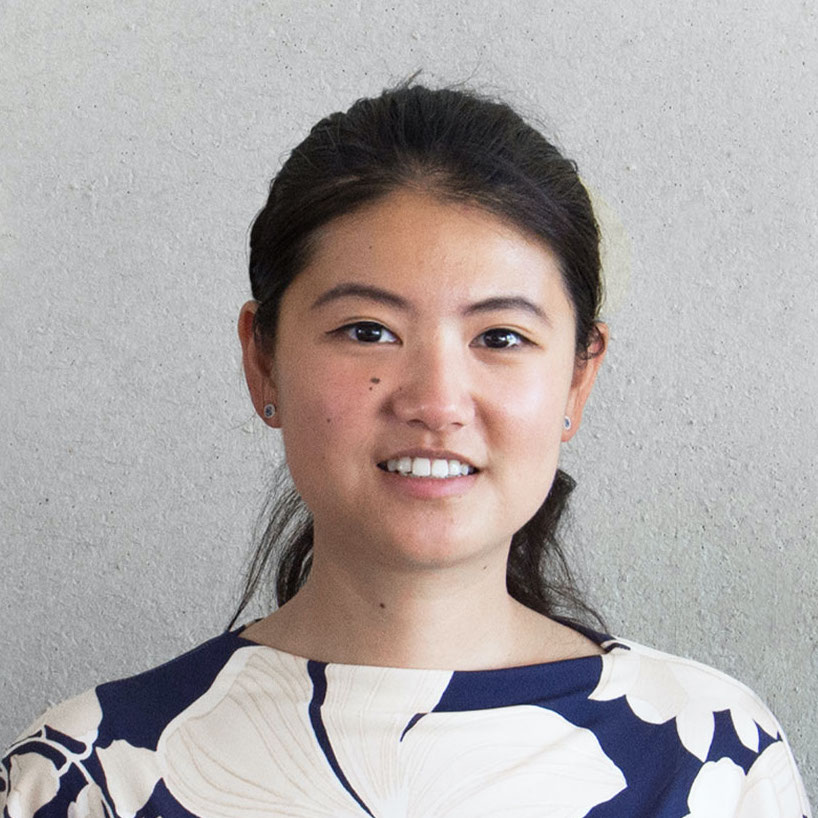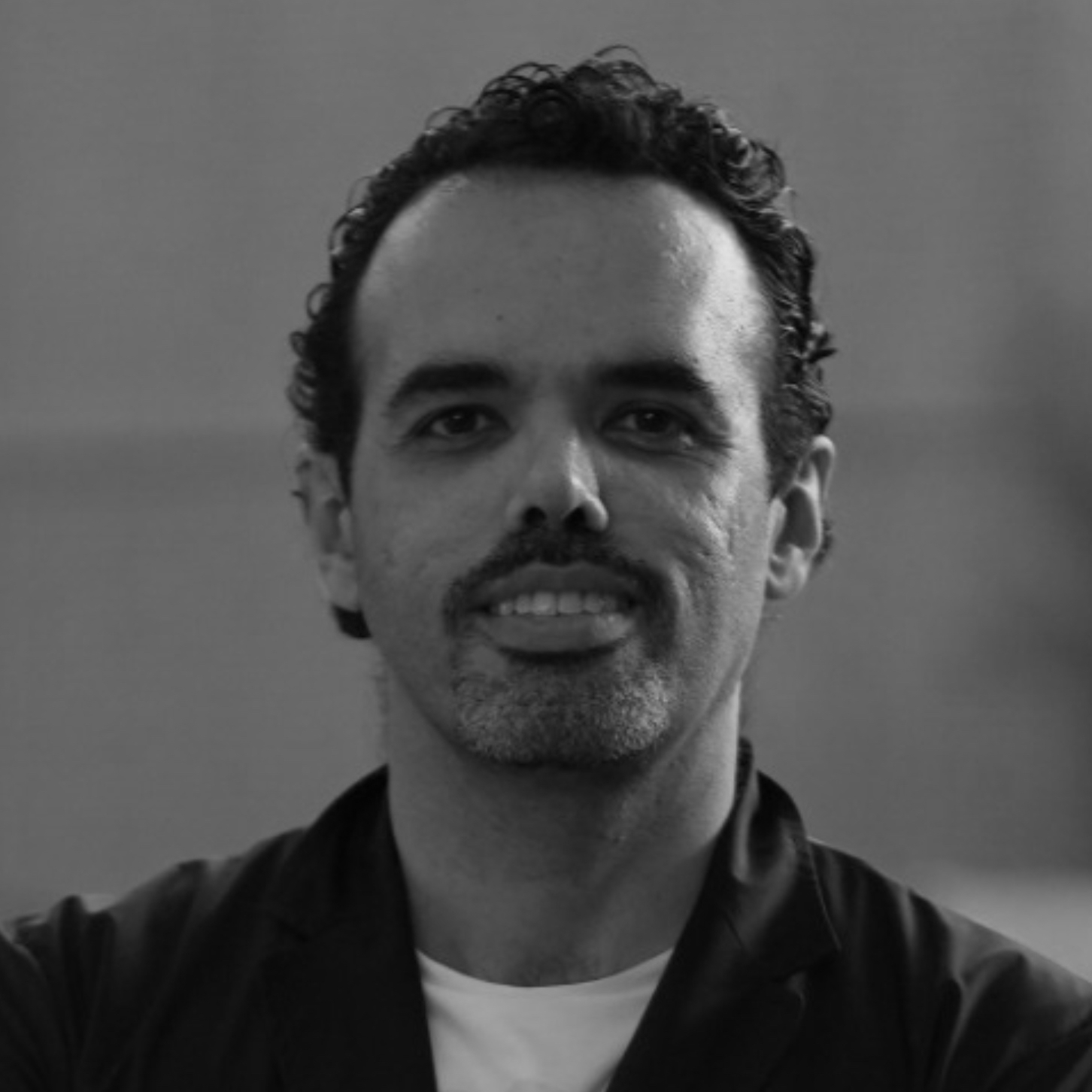Rei Lindemann
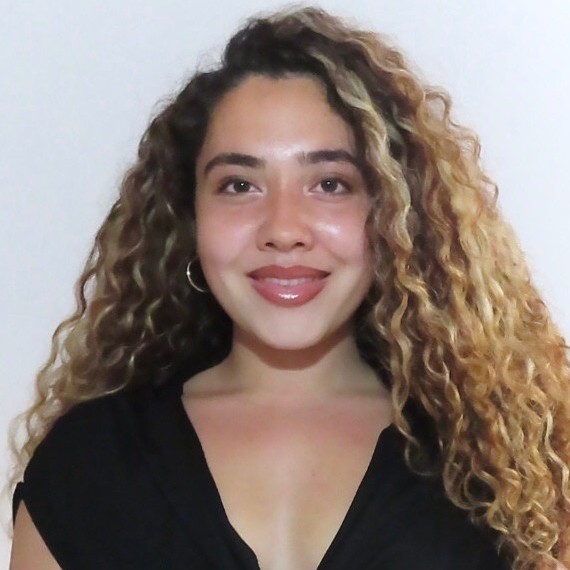
Profession: Incoming MSc Urban Design & City Planning Student at the Bartlett
City: London
Country: United Kingdom
What inspired you to want a life in Architecture and the creative industries?:
Many things, and from a very young age! However, I would say one of my purest outlets of creativity has been expressed through digital art (you can find some of my work @reimarie.art on IG). The process and feeling of seeing your thoughts being realized and etched into reality is something truly wonderful. Alongside that, the built environment and cities in particular, have been a long-time fascination, and something that I believe is also an inevitable result of being a ‘city girl’ my entire life– I was born in (and partly raised) in Tokyo, Kobe (the part of Japan that my family is from), Hong Kong, Portland Oregon, and now London. As someone who values creativity and also wants to make a tangible, practical impact on the people and spaces around her, doing a Master’s in Urban Design & Planning came very naturally.
Who inspired you in finding your path to Architecture/Film and the creative industries?:
I would have to give credit to more than one person to answer this question truthfully. Creativity is something that I am blessed to have been encouraged to cultivate by my family, teachers, and mentors through the years. I have had the pleasure of interning and working creatively (as I am now) in brand and product teams across 3 continents, and in fields as diverse as advertising to blockchain technology. And in each team, I have been fortunate to have had the opportunity to explore, share, and take ownership of my ideas. I am eternally grateful to have felt valued within these spaces and this has definitely inspired me to continue to challenge myself as well as the bounds of my creativity. Since deciding to dedicate my career to the Built Environment relatively recently, I have been asked why I didn’t immediately pursue this path (I graduated with a BA in Spanish & Business Management from UCL in 2023). I give a 2-part answer to this. The 1st was the hesitancy and self-doubt that came with diving into a completely new industry, and the 2nd was my genuine lack of awareness of just how broad the Built Environment industry was! There were very few role models and I didn’t think there was a place for me. And even if there was, I’d surely missed my chance! Thankfully, last November I decided to use my lunch break to take a quick look around the London Build Expo. I went alone and admittedly, it was all quite intimidating at first, but then I stumbled upon a panel of women in the Built Environment, and one of the speakers was an amazing woman called Barbara Akinkunmi. Barbara is the Founder of ‘Girls Under Construction’, and urged me to look into the community after I decided to walk up to her after the panel discussion. Since then, I have found more role models than I could have ever asked for, and have had the privilege of not only joining the community as a member but as a voluntary part-time project coordinator in my spare time. The women I have interacted with thus far in GUC have continued to inspire and amaze me in their skills, creativity, passion, and genuine care.
How you unlock obstacles and overcome bias in your work?:
I believe that before I give my answer to this question, I would need to acknowledge the huge part that my upbringing has had to my approach. Being exposed to so many different cultures, faiths, and communities, and being of mixed-heritage myself has undoubtedly trained me to constantly navigate and challenge ‘norms’, social standards, customs, and indeed, biases both in my personal and professional life. Of course, this does not mean that I am immune to bias– I doubt anyone truly is! My personal approach then, has been simply to ask questions whenever possible. Luckily, I do naturally love to ask questions (so much so that I often apologize to people in advance if I start ‘Amanpouring’ them, referencing journalist & TV host Christiane Amanpour). Questions give people the space and the permission to tell us their stories. It’s often saddened me to see that some people are genuinely taken aback when ‘given’ the chance to claim that space– as if it had to be granted to them in the first place…! Sometimes it does require an extra ‘push’ for people to feel that they are safe to let you hear them. So it is everyone’s job, I believe, to be interested, pass the mic over, create space, and ultimately, consciously overcome the obstructions that may lead to biases if allowed to remain in place.
What improvements do you feel are required to promote effective change in the academic and working environment?:
Among many important steps (up-to-date, practical tech training and access to the latest tools for example), I do think that greater cross-collaboration and open discussion is crucial. Most if not all successful pursuits involve the participation of multiple parties, and if we’re talking about the Built Environment Industry, that is especially true. As an incoming Urban Design and Planning student, I am aware that to be a truly valuable & effective member of any future project, I will need to understand and be able to work together with not only those within my field of expertise, but with lawyers, government officials, developers, architects, engineers, investors, financial institutions, local communities, and many more contributors. In order to make this as fruitful as possible, I would hope for both my university and future working environments to actively train us to face this inevitability. Perhaps this looks like inviting architects or developers to speak in a planning lectures to share their perspectives, or to help us adapt our vocabulary according to who we are talking to, to help us become better negotiators (in other words ‘speak their language’).




